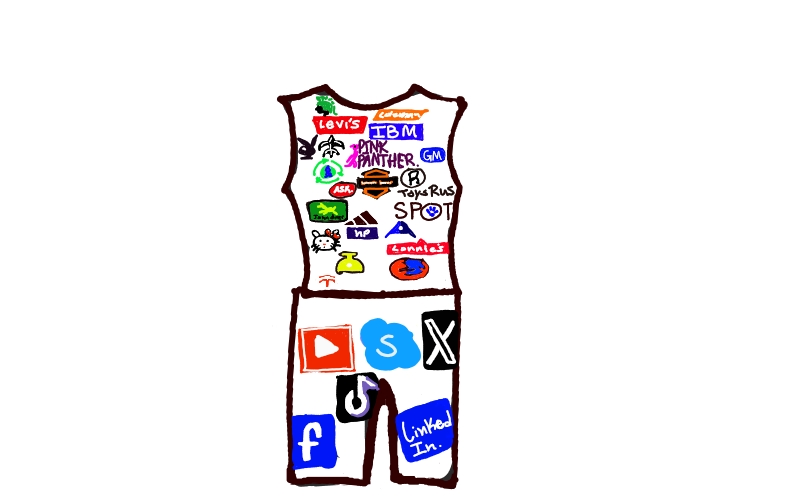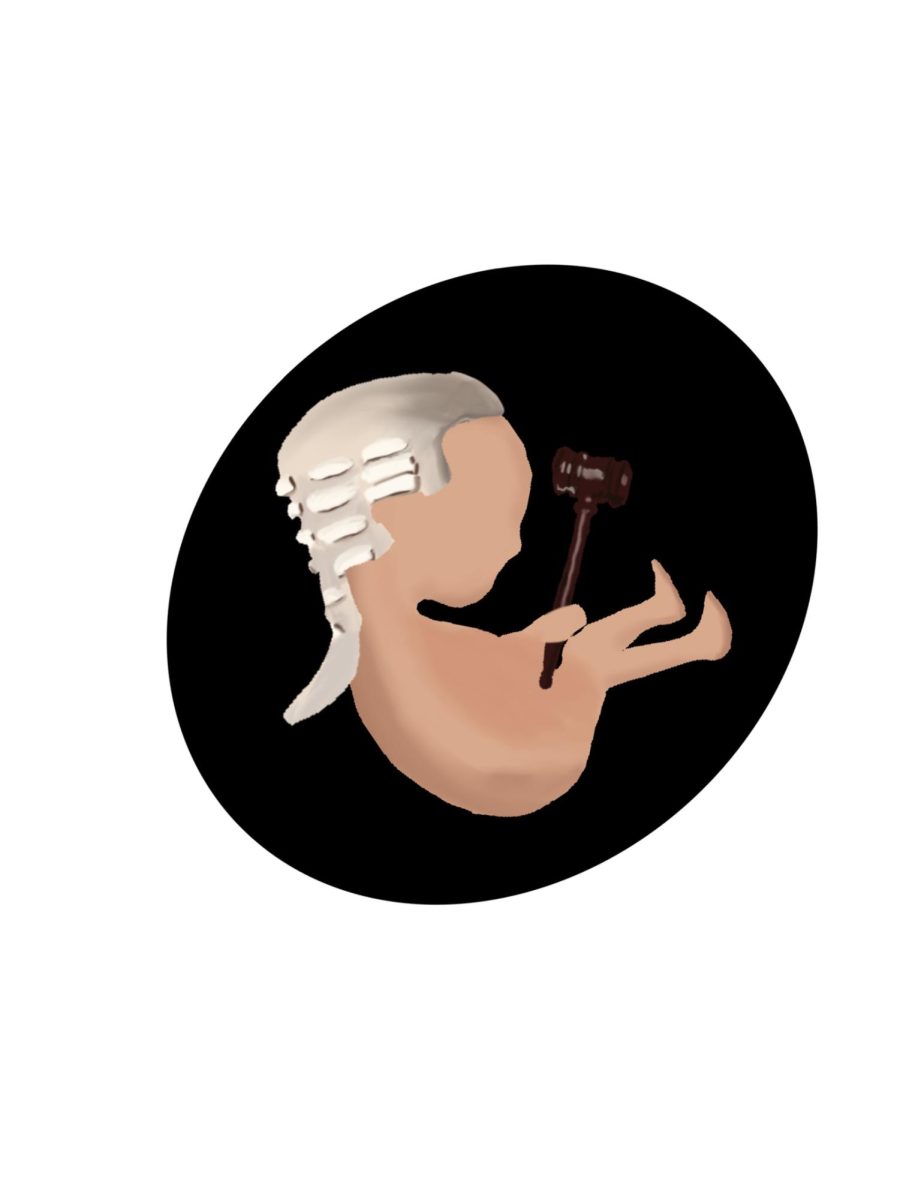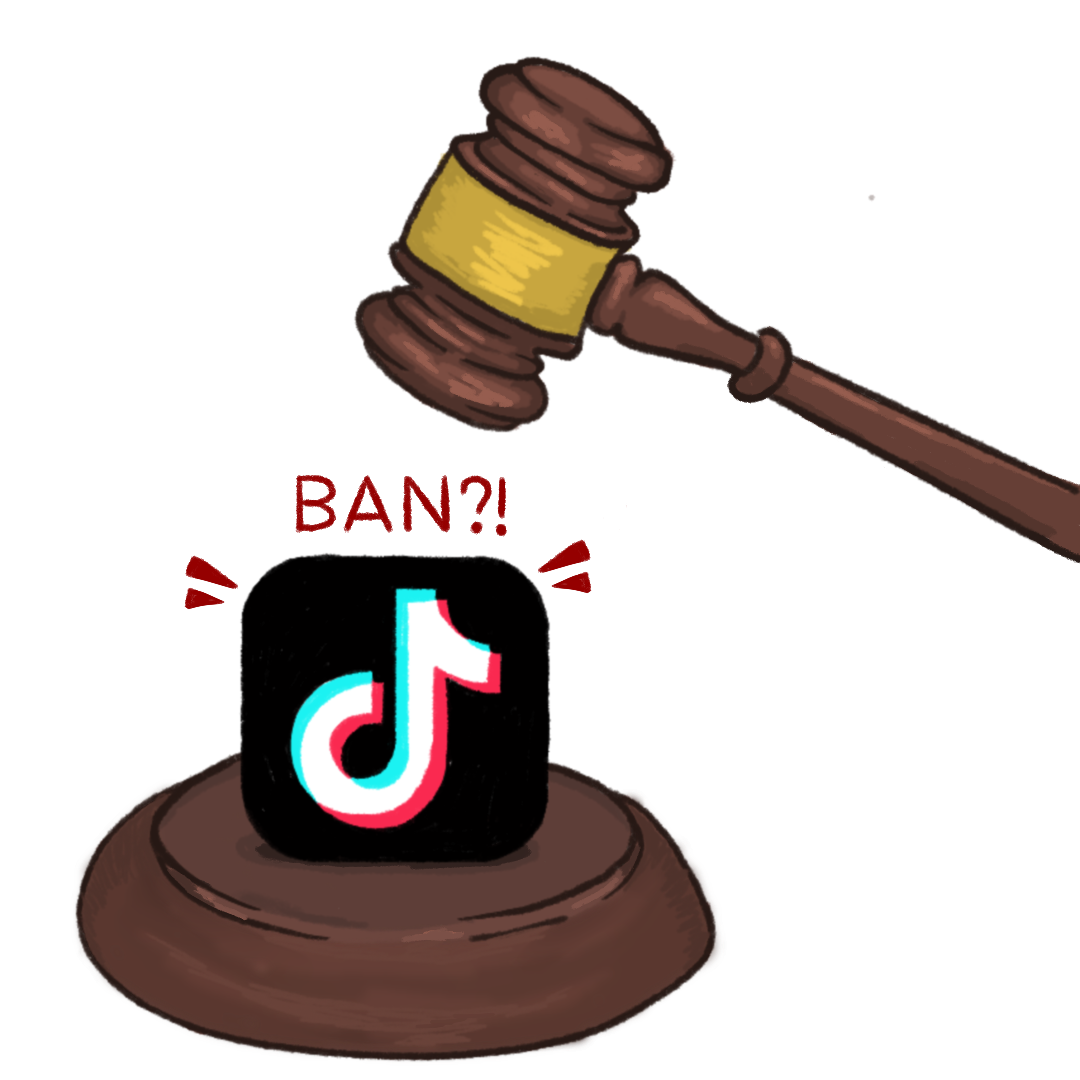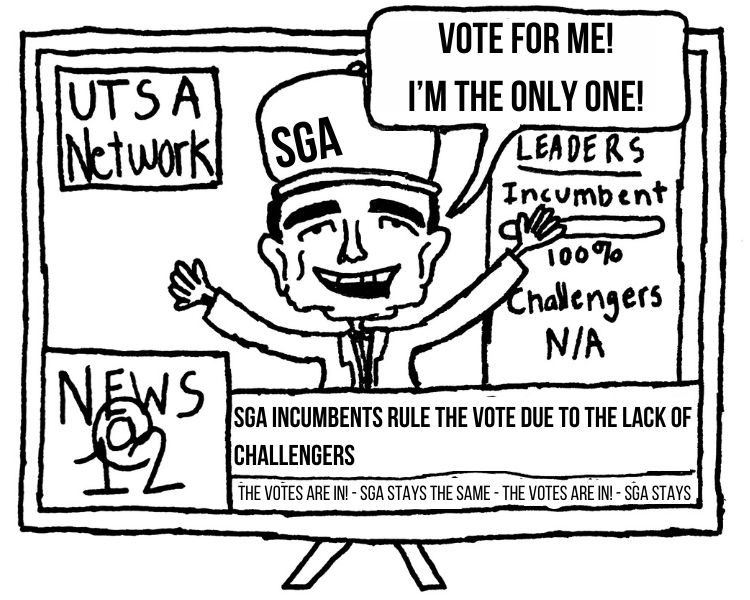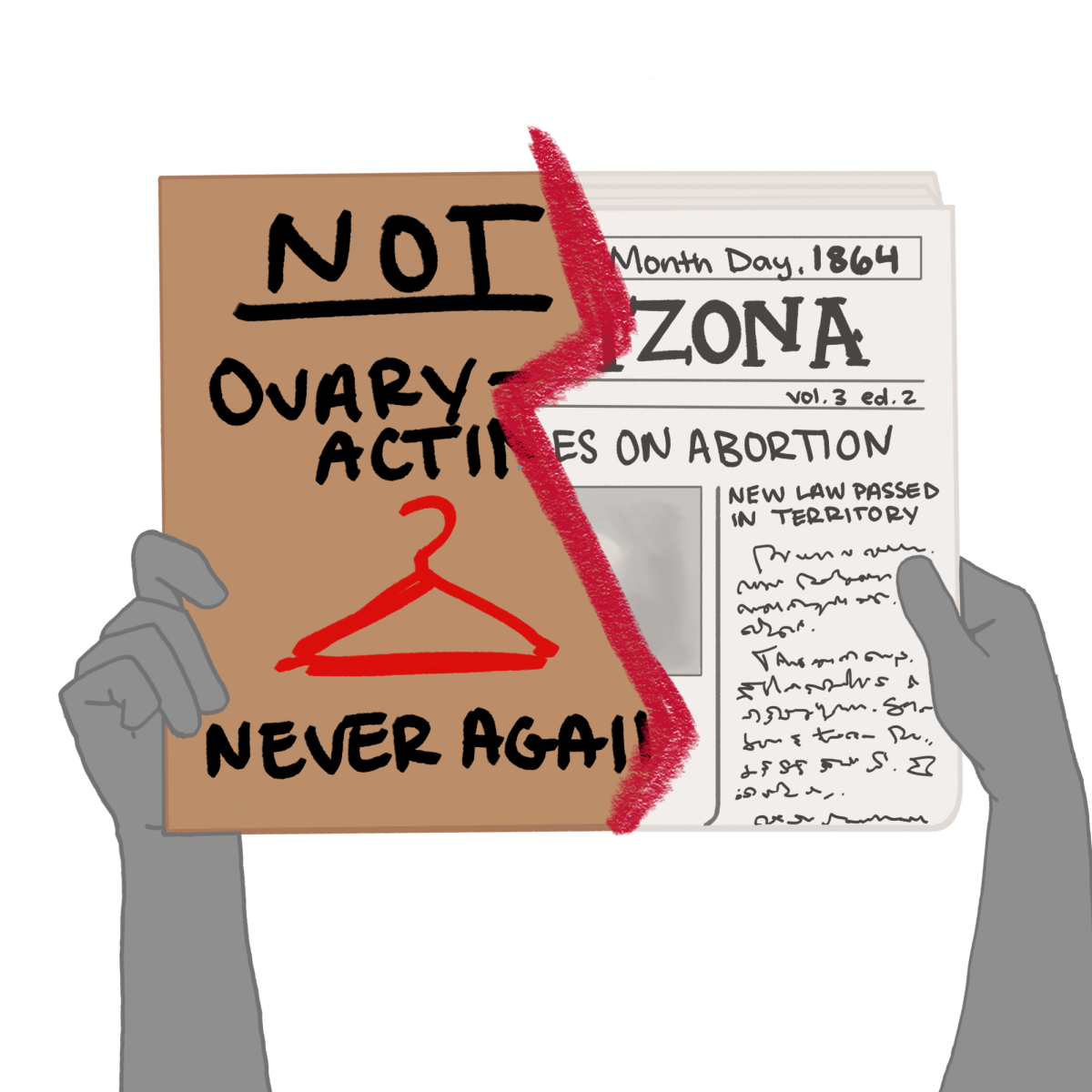The United States’ foreign policy during the Cold War, aptly named the “Falling Domino Principle,” stated that if one country falls into the grips of communism, other nations surrounding it will fall too. While corporate advertising may have few similarities to communism, the “Falling Domino Principle” can be applied to the spread of sponsorship within the space of athletic events over the past fifty years.
Picture a time in the not-so-distant past when a person entered a stadium and saw nothing besides the on-field talent as their only stimulant. That time only exists in photographs now. From the grounds where the players play to the stadium where we sit or to the concession stand, even the pre and post-game shows where folks at home watch: there is no escape from the advertising madness.
Present-day sporting events look more in line with Times Square than your local field. Some form of sponsorship from a corporate entity is nearby on every surface, and wherever a person looks, they are berated by marketing. Auto companies, banks, airlines, beer and fast food giants have found athletic events and sports superstars to be the next best thing since the sixty-foot billboards on the side of the interstate to advertise their products to the populace.
Sports teams are soulless entities, and the players that wear the colors bear a resemblance of liveliness. Ownership groups of these franchises do not care about the pageantry of “the game” or the integrity of it. They care about their machine of athletic entertainment. Few, if any, owners in modern sports care about their team more than an investment. Most look to maximize their dollar by filling any surface with anything — literally anything.
Advertisements are nothing new to the landscape; they are ingrained into the culture of the modern world. Time is not a valid scapegoat for the visual pollution that it causes. Sports advertising is a very lucrative market, as proven by the numbers. 70% of all Americans are sports fans, with one in five watching four hours of sports a week. Companies drop seven million dollars for 30 seconds of screen time on Super Bowl Sunday with no guarantees of recuperating the cost which is a risk worth taking for most accountants.
Recently, sports owners among some of the biggest brands in the NBA, MLB and NHL have succumbed to the barrage of advertising and left the last vestige of purity in American athletics — the uniform. From the New York Yankees to the Montreal Canadiens or the Los Angeles Lakers, their indistinguishable identity has been lost as another instrument of corporate sponsorship. However, there are some sponsor-free uniforms left in the big four American sports. All 32 NFL teams as well as certain teams from the other leagues previously mentioned.
The few organizations holding out will not last much longer; the scourge of corporatism will surely spread. The fat-cats who dictate American sports with an iron fist would sacrifice their firstborn for the guarantee of seeing their prized friends in Jackson or Franklin. In twenty years, who knows, the uniforms may look like their European counterparts or be fully owned by a corporate entity similar to the Korean baseball league.






